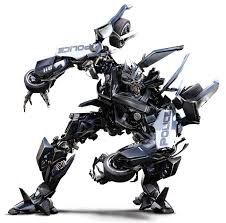记忆方法
barricade:把人卡的。卡住人不让人过——栅栏;设栅阻挡。
中文词源
barricade 路障
词源同barrel, 桶。该词来自于巴黎1588年的一次Huguenot 暴动,大量的桶装满泥土,沙石等堆放在马路中间,堵塞主干道。而具体创造出该方法之人已不可考。
英语词源
- barricade
-
barricade: [17] 12 May 1588 was known as la journée des barricades ‘the day of the barricades’, because in the course of disturbances in Paris during the Huguenot wars, large barrels (French barriques) filled with earth, cobblestones, etc were hauled into the street on that day to form barricades – and the term has stuck ever since. Barrique itself was borrowed from Spanish barrica ‘cask’, which was formed from the same stem as that from which English gets barrel [14]. It has been speculated that this was Vulgar Latin *barra ‘bar’, on the basis that barrels are made of ‘bars’ or ‘staves’.
=> bar, barrel - barricade (v.)
- 1590s, from Middle French barricader "to barricade" (1550s), from barrique "barrel," from Spanish barrica "barrel," from baril (see barrel). Revolutionary associations began during 1588 Huguenot riots in Paris, when large barrels filled with earth and stones were set up in the streets. Related: Barricaded; barricading.
- barricade (n.)
- 1640s, from barricade (v.). Earlier was barricado (1580s) with false Spanish ending (see -ado).
权威例句
- 1. The soldiers make a barricade across the road.
- 士兵在路上设路障.
- 2. One armoured column attempted to blast a path through a barricade of buses and trucks.
- 一个武装纵队试图从公交车和卡车组成的路障中间炸出一条通道来。
- 3. They turned the barricade into a potential death trap by connecting it up to the mains.
- 他们给路障接上电源,让它变成了一个潜在的死亡陷阱。
- 4. A fearful detonation burst forth on the barricade.
- 街垒传来一阵骇人的爆炸声。
- 5. The man and boy then start to pile up a barricade.
- 这时他和孩子开始堆放防护垛.
